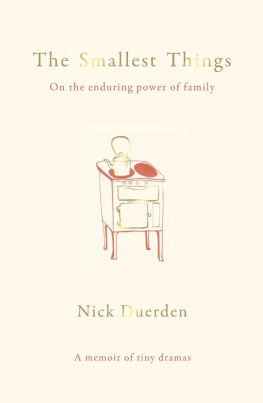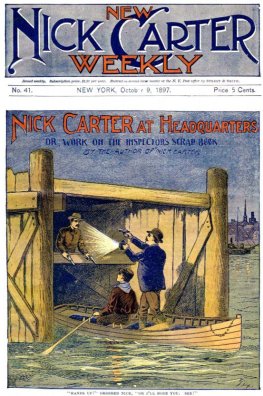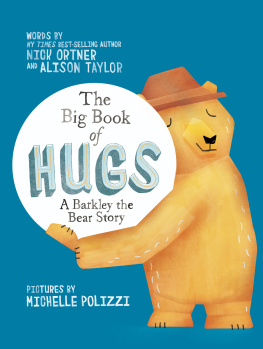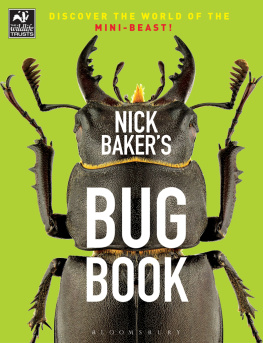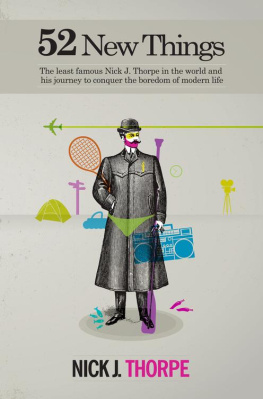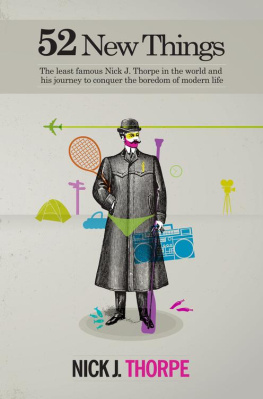Contents
Guide
The Smallest Things

For my grandparents,
and in memory of my mother
You know, the withering of the family
tree is one of the saddest things ever.
Old Filth, Jane Gardam

one
T he memories I have of my grandparents are just snapshots, really, fragmented and disjointed, incomplete. For all my life, and at least half of theirs, we have lived at a distance of 597 easyJet miles from one another, me in London, them in an industrial suburb of Milan. We saw each other infrequently, and, due to my grandfathers reluctance to leave both his home turf and the local bowls club, they rarely made the journey over here. I can remember them visiting only the once, shortly after my parents had separated and we had left the vertiginous council block for the newbuild council house that we were excited by but with which my grandfather remained largely unimpressed. So we went to them, summer holidays mostly, ten days a year, two weeks at most. They spoke not a word of English Gatwick they pronounced Getvich and my Italian was, and remains, pidgin at best. Consequently, I have never had a proper conversation with either of them, no eloquent heart-to-heart, no outpouring of feelings, with much over our years together left so frustratingly unsaid.
By the time I reached eighteen, I was no longer required to endure interminable family holidays. Italy is a beautiful country, its true, but the industrial suburbs of Milan in stifling August heat is something few people need to experience more than once. As an adult, my chunks of time with them consequently slimmed to long weekends a couple of times a year, occasionally with a girlfriend, then my wife, then my wife and children, but never the dog. At first I suffered these weekends dutifully because I was young and brash, and because time in Milan stood so tauntingly still and I didnt. But as I aged and slowed, and as they did too, these trips out of normal life became visits to cherish, to burn into my minds eye for the time when the inevitable happened and they werent around any more.
I became more acutely aware of this inalienable fact when they were in their seventies, and I in my twenties. They had had their three score years and ten, and so biblically at least (my grandparents were mildly observant Catholics, and never missed a televised sermon by the Pope) they believed they were on borrowed time. Though the weekend visits maintained their time-honoured non-event status we would go nowhere, do nothing, simply spend companionable hours together around the dinner table, in front of the television, playing games of cards the farewells became increasingly resonant, containing levels of emotional drama that would be proud to grace a Nicholas Sparks novel. Tears would pool in their eyes as I shouldered my overnight bag and kissed them goodbye. Neither of us said that we might never see one another again, that this was it, because we didnt need to. The unspoken is sometimes louder than whats said.
But then there they were again the next year, and the next year after that. And then a decade went by, and it was clear they were going nowhere. I started to ponder on the many wonders of the Mediterranean diet, and an increasing evidence of the sustaining powers of a largely sedentary life.

Time with my grandparents really did operate at a more gradual pace. It was a stagnant thing, swollen with inactivity, no pressing need to maintain the urgent thrust of modern life because here life wasnt modern at all. It had stopped with my grandfathers retirement years earlier, and these days tock only followed tick if tock could be bothered. There were no distractions, little incident, no pressing places to be, nothing to get done. No Wi-Fi. Almost every element of them and their small, spotlessly clean flat was, to me, preserved in aspic: the same ancient cooker that required you to stoop to light the gas in the same unmodernised kitchen; the same circular dining-room table; the mantelpiece clock, its curves reminiscent of a Fiat 500, chiming sonorously on the half hour as if half hours were worth marking; the creak in the living-room floorboards; the wrought-iron chandelier in the hallway.
No shoes were allowed on the polished floors of the flat, and upon entry I was required to relinquish mine and accommodate myself inside a pair of my grandfathers slippers. Choosing never to wear these, to slide instead across the floor in nothing but a dangerous pair of socks, represented a low-level rebellion that never failed to thrill me. In their presence, I was somehow forever the child.
Be careful, my grandmother would chide, as I slid from living room to bathroom and back again without lifting my feet. You could fall over.
I never fell over.
At home in London, I found myself constantly impatient for novelty. I grew bored easily and relaxed reluctantly. But in Milan, I liked how their home remained unchanged, that whatever else might be happening in my own life, and the speed at which I lived it, from relationship to breakup to new relationship, from studio flat to one-bedroom, from two bedrooms to a house, from no children to children, everything here was as it always was. There were rituals here I carefully preserved in pursuit, perhaps, of living nostalgia. For example, I always placed a hot thumb on the wall-mounted barometer in the bathroom to watch the mercury rise towards 30 because that was what I had always done; or the way I would unfailingly disturb the intricate lace doilies draped on top of the burnt-orange living-room sofa in pursuit of chi-chi decoration, whenever I sat down to read. Every morning I would choose the same fake china cup from which to drink my milky coffee, the one with its now-faded image of a just-engaged Charles and Diana on the side, her smile ambiguous even then.
And I loved how my grandparents never changed either, their quirks and characters already long established but more deeply entombed into what it was that made them and kept them upright, the two oldest people in my life, this mysterious couple with whom I could never fully communicate, and whose relationship with their daughter, my mother, was always so strained, often to breaking point, but towards whom I could only ever feel unconditional love because thats how their own love for me was so palpably expressed.
It was an understated emotion, though, perhaps typically for people of their generation, dispensed with a fussy anxiety by her and a taciturn masculinity by him. In insisting I sit at the kitchen table within minutes of my arrival each year so that she could boil me an egg and present it in the same old egg cup, my grandmother was demonstrating that she still thought of me as the eleven-year-old who, one summers day, perhaps out of nothing else to say, announced that boiled eggs were his favourite food. To her, I would always be her eleven-year-old grandson. In his firm handshake, and the occasional soft shoulder charge, my grandfather, a man of few words, let it be known that I was his family.
They would always impart advice, tips, offering up their expertise and purported wisdom on everything from food to fashion. My grandmother taught me things she thought I couldnt have possibly learned by myself because such knowledge could only ever emanate from the older generation, from

